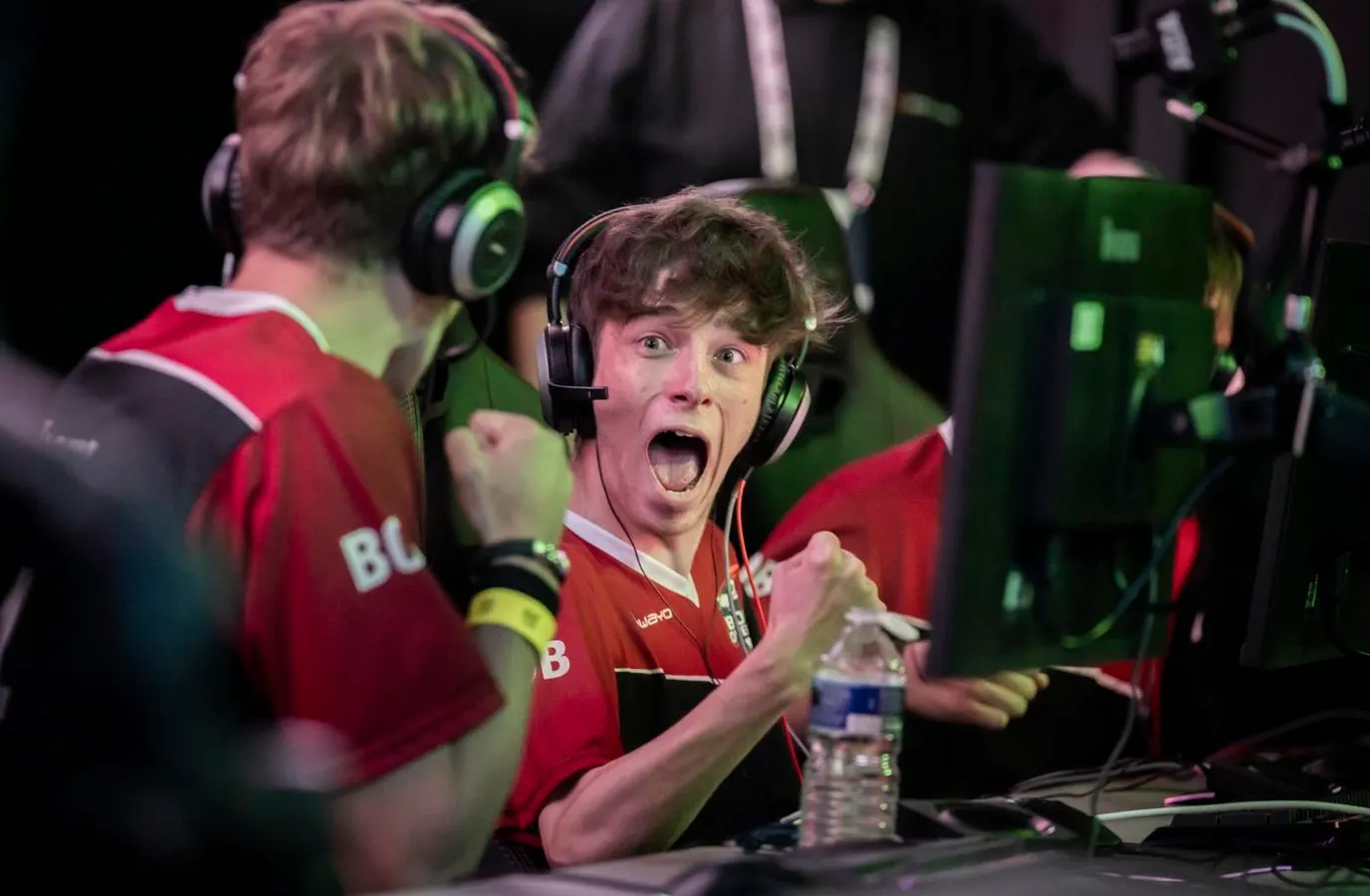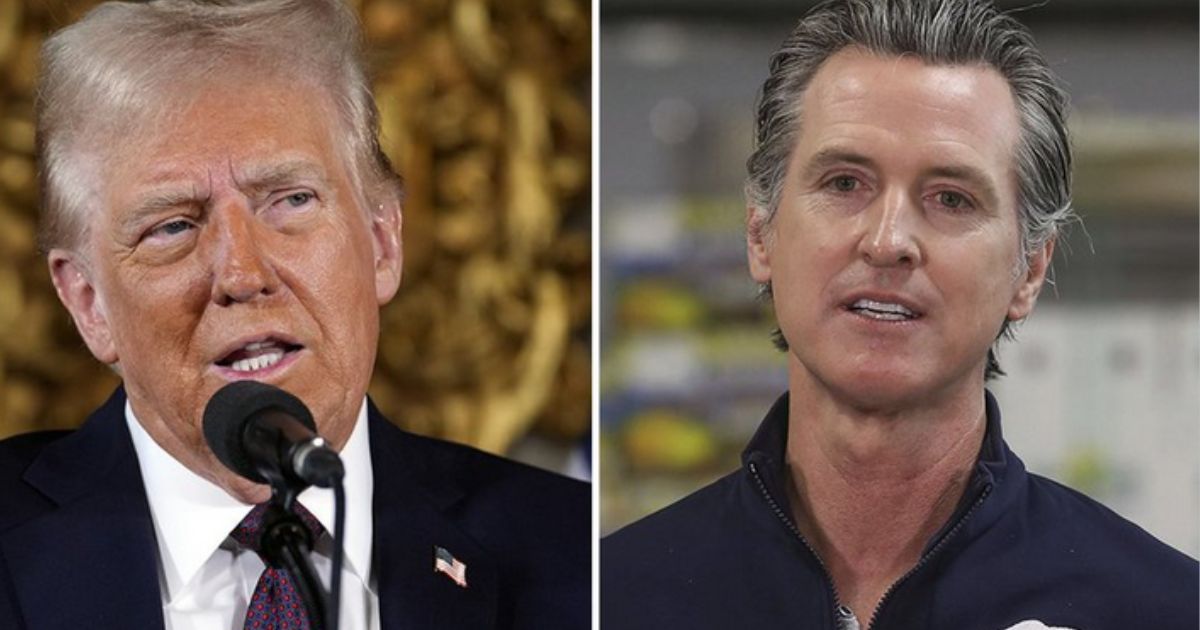By Barry Collins,Senior Contributor
Copyright forbes

Military teams compete at last weekend’s BFBS Pro League Grand Final
Getty Images
They will, of course, face bigger battles in their professional lives. But for the first time last weekend, eight teams from across the British military fought it out in an arena where the explosions and defeats are not quite as serious – the videogame Rocket League.
Serving personnel from the army and the Royal Air Force, as well as veterans, cadets and family members, all took part in the inaugural Grand Final of the British Forces Broadcasting Service Pro League on Sunday.
Competitive esports isn’t just a bit of a fun for the military, a way for the participants to unwind. Gaming is a massive part of many young peoples’ lives and that doesn’t stop the moment they pull on the uniform. Indeed, as the organizers and competitors of the BFBS Pro League told me, gaming develops some of the same skills required on real battlefields, such as flying drones and communicating under pressure. And that’s not to mention the mental health benefits.
Here’s the story of how the British military is turning esports into a secret weapon.
Team-Building Excercise
“How are you doing?” I asked Sergeant Matthew Fender, head of the British Army Esports Rocket League team as he joined a phone call from the University of Staffordshire, midway through the Grand Final.
MORE FOR YOU
“I’m living the dream,” he replied, with a deadpan tone of voice. “I’ve just been knocked out of the tournament.”
Fender first got into Rocket League when he was going through a tough time at home. “I just got bored of FIFA, and one of my friends mentioned Rocket League, so I jumped on,” he said.
“My mum was dying at the time, she had a brain tumour, so I was going to look after her for the week and I’d have the weekends to myself. And then on those weekends, my mental health was terrible, so I just needed to get away. And for some reason, Rocket League was that escape.”
It soon became more than an escape for Fender, as he found out about a British Army team that played the game, passed a trial to get into the squad, and then eventually became player-manager. “This is my last tournament,” he told me. “I’m stepping down from playing so I can just support my teams.”
He admits managing a team of serving personnel can be difficult logistically. “Obviously, deployments and exercises, they are our main priority,” he said. “So if I have a player deployed, I need to have a player ready to be stepped up. A couple of months ago, I literally had five, six of my players deployed at the same time. So that was tricky, but we’re just one big family. We all worked together and we came up with a solution that worked.”
That family spirit is vital for the military teams, especially at times such as Christmas, when many personnel are away from the base visiting family and friends. “There’s always people that are going to be in the [accommodation] block on their own, they may not have anyone,” said Fender, highlighting the devestating impact that can have on someone’s mental health.
“So you can sit in your room. That’s fine, if that’s what you want to do, sit in your room, but be part of a team, jump into a Discord. You might be physically sat there alone, but we’re always on a call with each other.”
That sense of a wider family extends beyond serving personnel, too. Cadets, veterans and family members are included as part of the BFBS Pro League. In fact, Sunday’s winning team, Boost Over Ball, was comprised of a British Army cadet and two members of the bereaved community.
Fighting Skills
The Royal Air Force Rocket League team are up among the world’s best
Getty Images
Gaming isn’t just a passtime or a diversion for the military personnel. It’s helping to equip them with skills that they will need in their professional lives too.
The Royal Air Force specialist, Stelios Elia, said his “primary duty” is to make sure aircraft are ready to fly. But his “secondary duty” is managing his Rocket League team.
He said he worried that when he joined up he would “lose the right to have a hobby and passion”, namely videogame playing, but was pleasantly surprised to find it’s actively encouraged in the military. Now, he said the services are “attracting talent in the Rocket League world.”
Those gaming skills can come in very useful for the day job, too. As Elia pointed out, “on the front line, there’s lots of drone activity,” and that they are “literally using controllers for drones that are the same as games controllers.”
Likewise, esports teams encourage the same kind of teamwork and communications that are required in the heat of battle. “Communications need to be precise and accurate, and that’s not dissimilar to what’s needed in combat,” he said.
Then there’s the benefit of encouraging collaboration among players who don’t work together on a day-to-day basis. The Rocket league teams are pulled together from the best players across the services, wherever they may be based. The esports team are “fostering really good teamwork,” said Robert Wylie, head of BFBS Esports.
“It’s allowing different pockets of people to come together, work towards an objective and really deploy all those skills that they are going to be deploying in the military life.”
And even though these teams often don’t play together in person and have to fit training in around active service, they’re playing to a high standard. Elia claims his Royal Air Force team are statistically in the top 0.8% of players in the world, and finished in the top 200 in the Rocket League Championship Series that is open to anyone.
Beyond Rocket League
Rocket League isn’t the only game the BFBS Pro League are building tournaments for, and Wylie is insistent that the organization isn’t actively avoiding the shooting games that are hugely popular in the wider esports world. League of Legends, F1 and Call of Duty are all on the games roster.
“Over the next couple of years, we’re going to be expanding to a lot more games and trying different ones out,” said Wylie.
“We’re really listening to our community, listening to all those pockets of people, and trying to gauge what games do they play, what games do they want a competitive environment for, and it’s our jobs to go out there and make that for them,” he said.
Editorial StandardsReprints & Permissions



